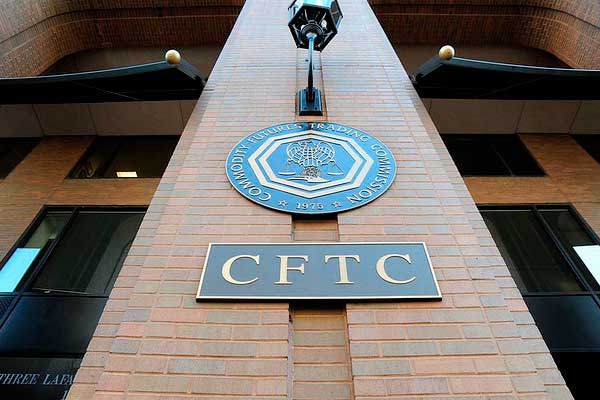NFU supports limits on commodity speculation

National Farmers Union (NFU), as a part of the Commodity Markets Oversight Coalition (CMOC), a broad coalition of associations representing Main Street businesses, in filing an amicus curiae brief with the US Court of Appeals of the District of Columbia in support of a Commodity Futures Trading Commission’s (CFTC) rule that would limit speculative trading in commodities.
The 2010 Dodd-Frank Act required the CFTC to quickly adopt speculative position limits for all energy futures and swaps and report back to lawmakers on their impact after the limits had been imposed for one year. Accordingly, the CFTC approved a final rule on Oct. 18, 2011 that would have imposed speculative position limits on futures and swaps for 28 listed commodities.
Last September, a District Court judge, responding to a legal challenge by Wall Street groups, vacated the rule citing an “ambiguous” Congressional mandate and CFTC’s failure to determine if it should have made a finding of necessity before promulgating the final rule
In its amicus brief, the CMOC supports the CFTC’s position that Congress mandated a rule setting speculative position limits, citing nearly a decade of Congressional investigations and dozens of hearings into the matter. During that time, lawmakers received expert testimony from CMOC members on the harm that excessive speculation was causing their industries and constituent businesses.
“Congress had been gathering evidence for nearly a decade about excessive speculation and had already concluded that [excessive speculation] constituted an undue burden on interstate commerce,” the coalition said in the brief. “Congress had studied and identified a serious crisis that it wanted remedied quickly, and therefore mandated position limits.”
The coalition also pointed to the requirement by Congress that regulators conduct an expedited rulemaking process. Lawmakers also required a study into the effect of position limits one year after they had been imposed.
Given this, “there should be no doubt that Congress was mandating swift and decisive action to end what it believed was a serious problem,” the CMOC said.
Click here to read the coalition’s compelling court brief in its entirety.











